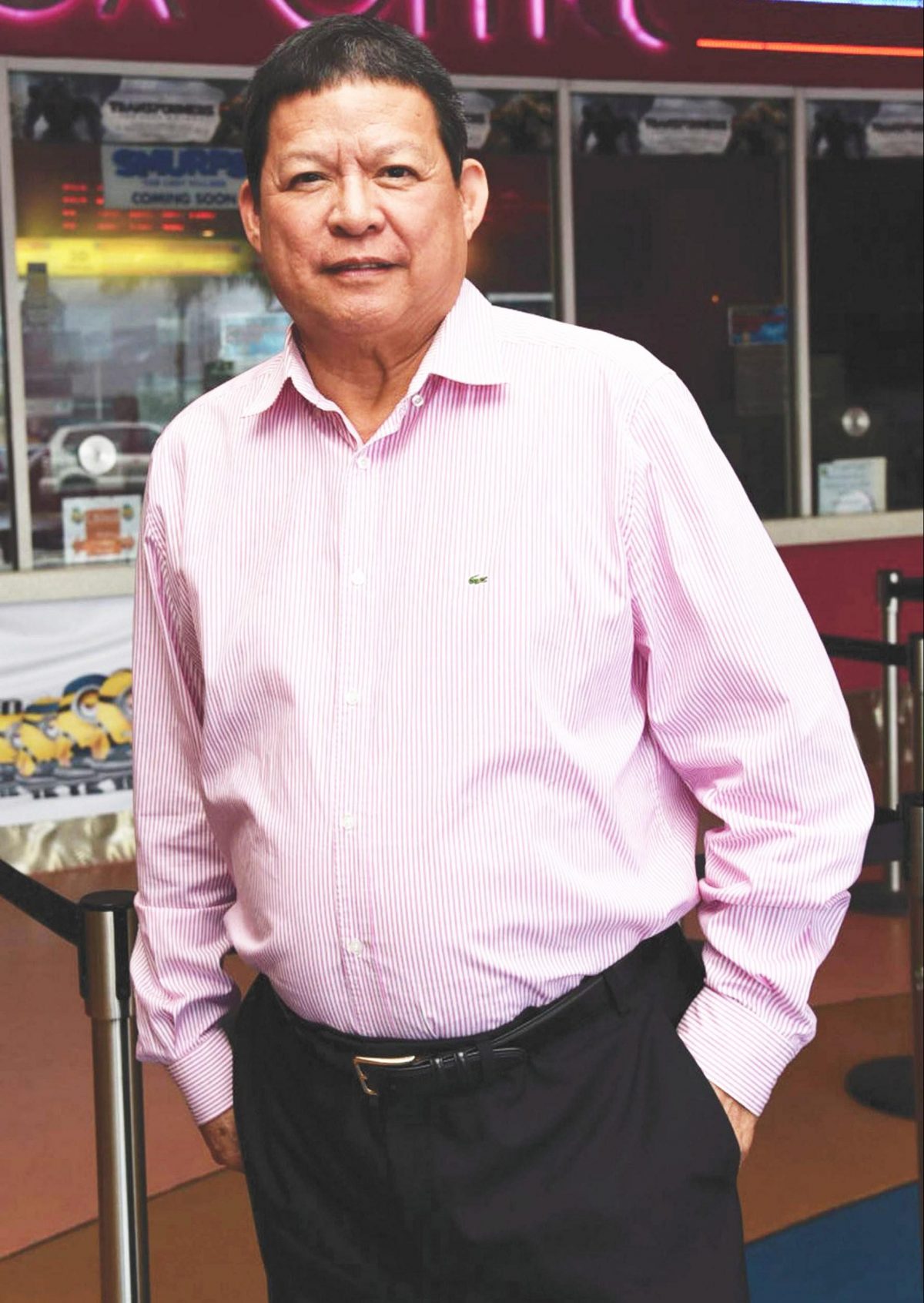(Trinidad Guardian) Bring back the hangman.
This was the call from MovieTowne owner Derek Chin, Arima Business Association president Christian Rampersad and Chaguanas Chamber president Baldath Maharaj on Wednesday, as they expressed the growing concern and frustration conveyed by their colleagues over the country’s spiralling crime, the latest being the murder of another businessman during a carjacking in Chaguanas.
“I would like to see the return of the death penalty because nothing else seems to be working,” Chin said.
Saying crime continues to deter investments for T&T, Chin urged the authorities to “start to hang people,” noting there is no other deterrent which is currently working to abate criminal activities.
“There is no value for human life… the crime situation is extremely worrying and to have a situation where the Commissioner says crime will be under control by June and we are already in the middle of April and the murders are getting out of hand … This is a very grave concern to all of us in the business community,” Chin reiterated.
He said serious crimes have been taking place for “quite a while,” adding crime has “never been” under control in T&T.
Saying he does not know what Government’s plans to regain control and make the country safe are, Chin said everything else tried so far had failed.
Rampersad meanwhile said with the criminals on an apparent warpath against citizens, the hangman was now the best way to send a message to those involved in the increasing criminal activities.
He reiterated the “one shot, one kill” policy of police commissioner Gary Griffith in 2018, saying more also needs to be done for businesspeople to protect themselves and their properties.
However, he said it is not just about giving out Firearms Users’ Licences (FULs) but rather ensuring the process is working effectively.
“The FUL process is flawed and corrupt in its very nature. There must be a fair and transparent process by which the average law-abiding citizen can apply easily for a FUL,” Rampersad said.
“It should not be held by one individual and we have brought this to light before.”
He referenced Jamaica, which has a committee to grant FULs which, he said, is very effective.
Maharaj also agreed that the death penalty would be a deterrent to crime. However, he said more focus should be placed on restorative justice for first-time offenders.
“We have first-time offenders who go into the jail and come out as hardened criminals with a lot more knowledge. Restorative justice is a better way to deal with them,” Maharaj added.
However, not all businesspeople felt the hangman would bring a resolution to the problem.
Businessman Peter George said talk of the resuming hangings only showed the desperation of citizens.
“It is when a country reaches its most desperate and hopeless state that they need to grasp at methods that have been spoken about in the past. Thinking or having any perception about bringing back hangings which is going to put any dent in crime, it just shows how desperate the citizenry has become,” George said.
He said the root causes of crime need to be addressed.
“The call for hangings is consistent with a country that has become absolutely desperate and finds itself with no other option but to put the emergency brake, but from my perspective, it will make absolutely no difference,” George added.
The T&T Chamber also said it does not believe the resumption of the death penalty would act as a deterrent to the country’s current crime situation, especially in the short term.
It noted reports by Amnesty International have shown the death penalty has no unique deterrent effect on crime.
“Criminals seemed to be unfazed with this as a form for punishment for their actions. In T&T, the death penalty is only applicable for murder cases, therefore, new measures must be implemented to deal with the other incidents of serious crime,” the chamber said in a statement.
Noting the efforts made by the T&T Police Service to manage crime in recent times, the chamber said recent criminal activities begged the question, “Are the current measures outdated when fighting this new wave of criminal activities?”
The chamber added that there was urgent need for reforms in policing and criminal justice.
“The low detection and prosecution rates have made criminals fearless of the justice system and they continue their heinous attacks on citizens and businesses,” it added.
The chamber also noted that the Prime Minister had said last year that the delivery of justice in T&T was unacceptably slow, leaving perpetrators of criminal activity to prey on all in society.
However, the chamber called for stricter punishment to be implemented against perpetrators.
“Criminals, when sentenced, should be made to work for the State rather than be a burden to the State. There are so many areas where the ‘hard labour’ sentence could be productively implemented—in the agriculture and construction sectors, for example. There must be stricter and enforceable penalty changes for changes to be seen generally in T&T,” the chamber explained.

